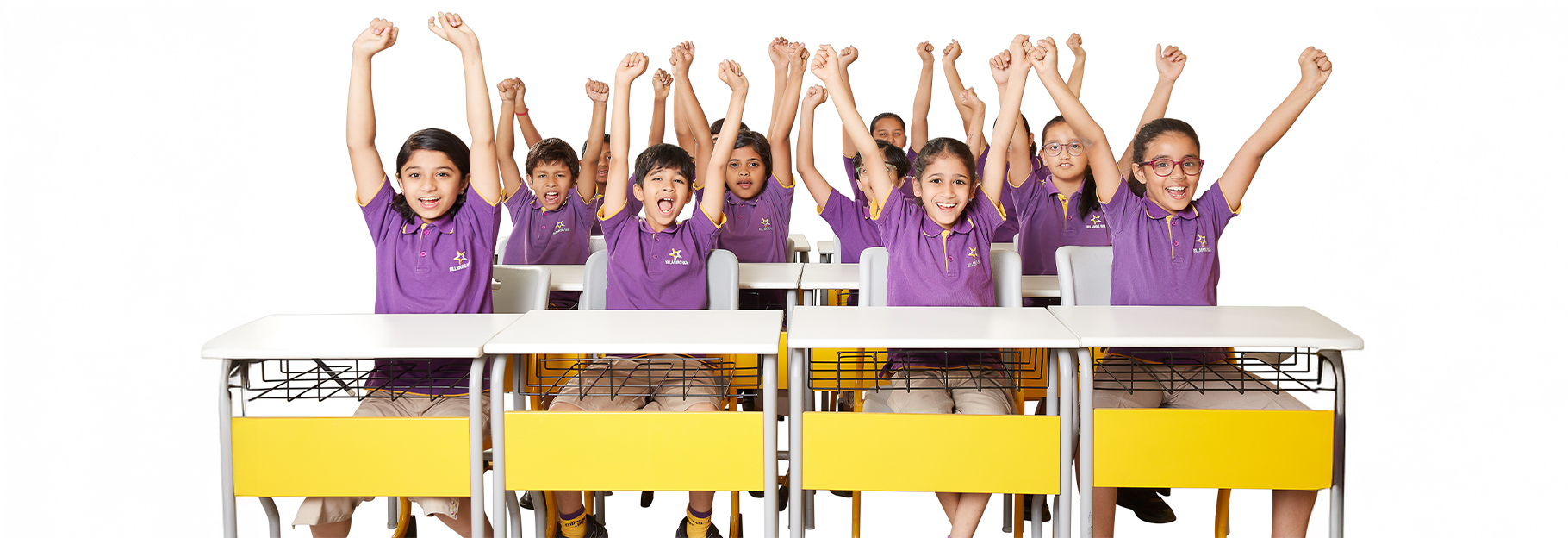How to Maximize the Benefits of Experiential Learning for Your Child
In a rapidly changing world, traditional education methods often fall short in preparing children for real-life challenges. That’s where experiential learning makes a difference. Rooted in active engagement, real-world application, and reflection, this approach helps children move beyond rote memorization to truly understand concepts—and more importantly, apply them meaningfully.
Why Experiential Learning Matters
Experiential learning is learning by doing. Instead of passively absorbing information, children engage in hands-on experiences that encourage curiosity, critical thinking, creativity, and problem-solving. When children apply knowledge practically, their engagement and retention increase significantly. They begin to take ownership of their learning, become more curious, ask more questions, and seek answers independently.
This active participation lays the foundation for a lifelong love of learning and discovery. It also builds confidence as children see the real-world impact of their knowledge and ideas.
Real-World Learning Beyond the Classroom
Parents can unlock the full potential of experiential learning by creating opportunities for their children to explore beyond textbooks. Field trips, science experiments, role-playing activities, and real-world problem-solving projects provide immersive learning experiences. These activities make education enjoyable and show children how their lessons are applied in everyday life.
For instance, a visit to a local museum can turn a history lesson into an engaging story about the past. A home science experiment can transform abstract theories into observable phenomena. Cooking together can teach measurements and the science of reactions. Gardening helps children understand biology and patience. These activities connect theory with practice - making learning more impactful and memorable.
The Power of Reflection
Reflection is an essential part of the experiential learning methodology. After participating in an activity, children should be encouraged to think critically about their experience - what they did, what they learned, and how they felt. This reflective practice deepens understanding, fosters self-awareness, and strengthens analytical thinking. and helps connect theory with practice.
Through reflection, children develop self-awareness and critical thinking skills. By analyzing their successes and mistakes, they learn how to improve and adapt in future situations.
Reflection also encourages children to articulate their thoughts and feelings, improving their communication skills. This cycle of action and reflection fosters continuous growth and development.
How Parents Can Support Experiential Learning
Parents are key partners in their child’s experiential learning journey. By nurturing curiosity and encouraging exploration at home, they complement formal education and make learning a part of everyday life. . Simple activities like gardening, cooking, or managing a small budget offer practical lessons in science, math, and life skills.
Collaborative projects—like building a birdhouse or planning a family trip—teach teamwork, problem-solving, and project management. Parents can also encourage children to document their experiences through journals, scrapbooks, or videos, adding an element of creativity and self-expression.
When parents participate in these activities, they reinforce the importance of experiential learning and show that education extends beyond the classroom.
Balancing Structure and Creativity
Incorporating student experiential learning requires a balance between structure and creativity. While guided activities ensure that learning objectives are met, giving children the freedom to experiment and make mistakes fosters innovation and resilience.
Providing a framework with clear goals while allowing flexibility helps children learn responsibility and decision-making. Encouraging creative problem-solving and open-ended exploration keeps children motivated and empowered in their learning journey.
For instance, setting a budget for a family project and allowing children to make spending decisions teaches financial literacy and planning skills.
Preparing Children for the Future
Through experiential education, children develop not just academic knowledge but also emotional intelligence, teamwork, and leadership skills. These qualities are essential for success in an ever-changing world.
As industries evolve, the ability to learn, unlearn, and relearn becomes invaluable. Experiential learning equips children with the confidence and competence to navigate uncertainty and seize opportunities with a proactive mindset. It also prepares them for diverse career paths by developing adaptability and a broad skill set.
A Collaborative Approach to Holistic Development
To fully harness this approach, collaboration between parents, teachers, and educational institutions is vital. By aligning efforts and sharing insights, they create a cohesive learning environment that supports holistic development.
Joint efforts in organizing experiential activities, like community service projects or science fairs, enrich learning experiences and strengthen the child’s support system. This collaboration helps identify each child’s strengths and areas for improvement, allowing for more personalized educational support.
Schools can also provide parents with resources and ideas to extend experiential learning at home.
A Transformative Educational Experience
Experiential learning is more than just an educational trend; it’s a transformative approach that prepares children for life’s complexities. By integrating practical experiences, reflective practices, and collaborative efforts, parents and educators help children excel academically and grow into well-rounded, capable individuals.
This approach cultivates a growth mindset, encouraging children to view challenges as opportunities for learning and self-improvement.
Ultimately, experiential learning shapes confident, empathetic, and innovative thinkers ready to make meaningful contributions to society.

20 Comment
Mangesh Sawant
Lorem ipsum, dolor sit amet consectetur adipisicing elit. Sed, velit officiis. Dolorum, deleniti necessitatibus nostrum labore quo soluta sed tempora ea, nam eaque sint, nemo rerum molestias vitae ratione porro?